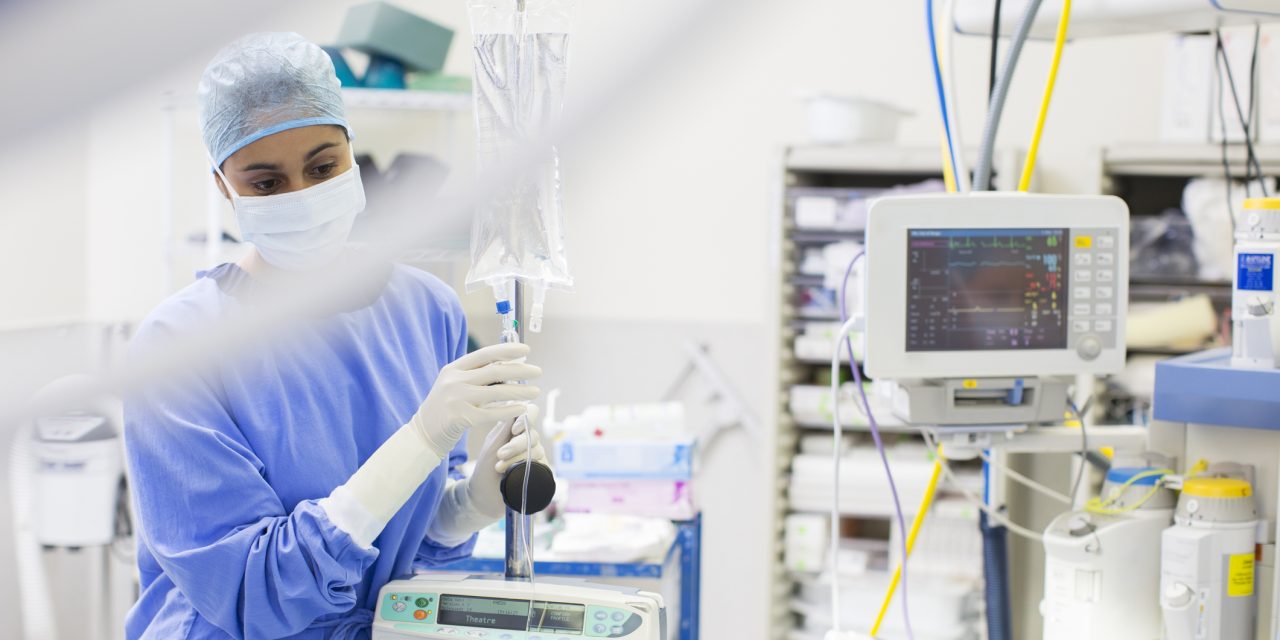Multi-drug-resistant bacterial infections, which have become a global threat, lack effective treatments. The discoveries of non-antibiotics with different modes of antibacterial action, such as methylsulfonylmethane (MSM), are a promising new treatment for multi-drug-resistant pathogens.
We constructed a mouse peritonitis infection model to evaluate the effects of MSM against methicillin-resistant Staphylococcus aureus (MRSA) infection. The time-kill kinetics of MSM against MRSA and the effect of MSM on the integrity of bacterial cell membrane were measured. Viability effects of MSM on THP1 cells were performed by CCK-8 cytotoxicity assay. Systematic inflammatory factor levels of mice were detected using ELISA. The immune response of peritoneal macrophages during MRSA-infection was evaluated using RNA sequencing. Gene Ontology function, Kyoto Encyclopedia of Genes and Genomes pathway enrichment analyses, and correlation analyses were applied to analysis RNA sequencing data. RT-qPCR, western blotting and flow cytometry were performed to analysis the gene and protein expression levels of macrophages.
In in vitro experiments, MSM did not show significant killing effects on the growth of MRSA directly and did not destroy bacterial membrane integrity. MSM also displayed no significant effects on the proliferative capacity of THP1 cells. However, MSM treatment protected mice against a lethal dose MRSA-infection and decreased systemic inflammation. MSM upregulated metabolic pathway in peritoneal macrophages, especial glycolysis, during MRSA infection. MSM increased the expression of M2 markers (such as Arg1), promoted phosphorylation of STAT3 (which regulates M2 polarization), and decreased the expression of M1 markers in peritoneal macrophages. Additionally, MSM treatment increased the expression of H3K18 lactylation specific target genes, including Arg1. GNE-140, the LDHA-specific inhibitor of glycolysis, blocked the MSM-induced Arg1 expression in this disease model.
MSM protects against MRSA infection through immunomodulation. MSM promotes the expression of Arg1 by lactate-H3K18la pathway to control macrophage to M2 polarization; it firstly provides therapeutic potential for drug-resistant infections and sepsis.
Copyright © 2022 The Authors. Published by Elsevier Ltd.. All rights reserved.
Methylsulfonylmethane protects against lethal dose MRSA-induced sepsis through promoting M2 macrophage polarization.


